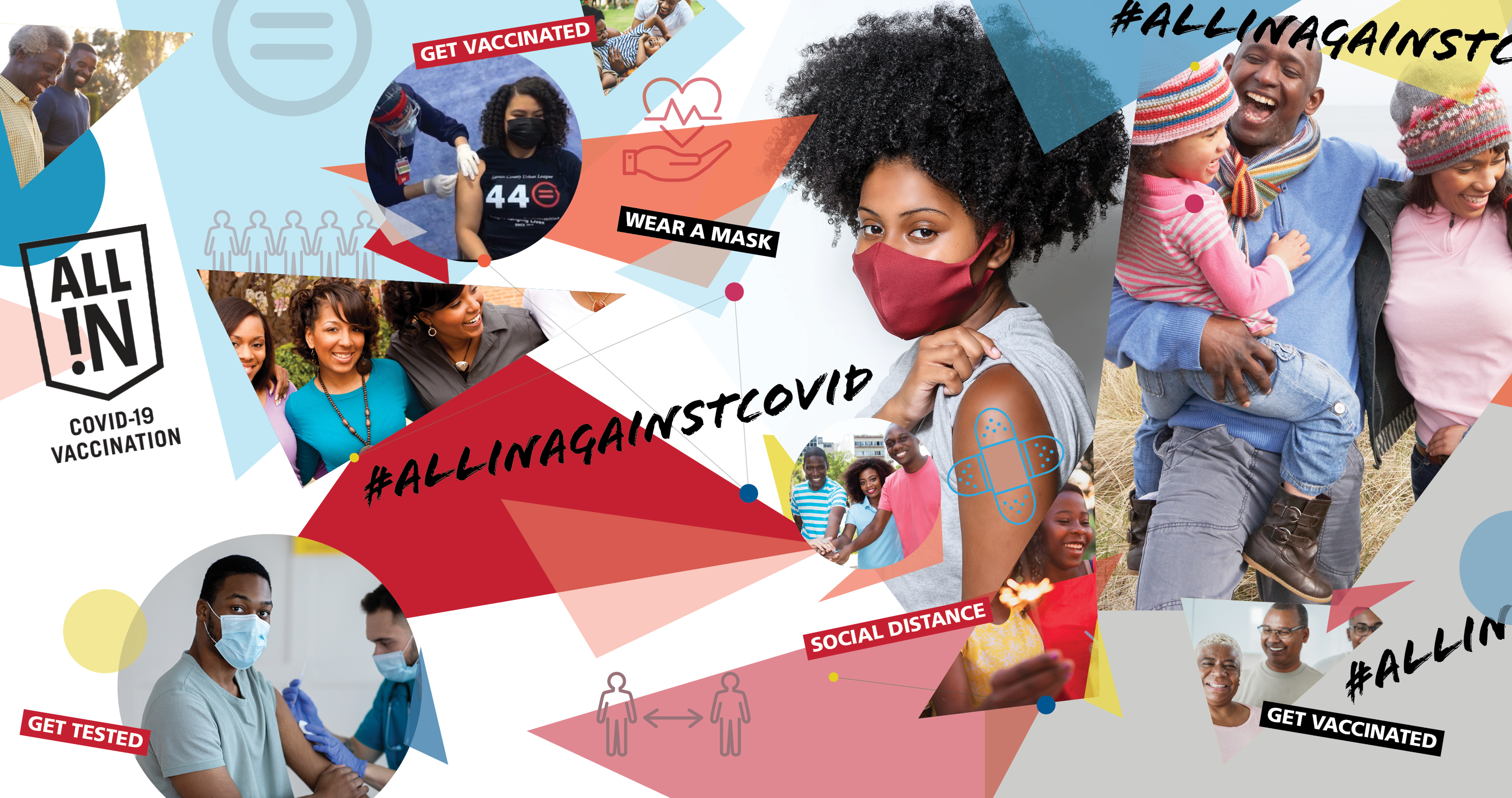As of November, the CDC recommends every child aged 5 and older get vaccinated to protect them from COVID-19. Over 8,300 kids have been hospitalized since the beginning of this year. Consider the vaccine to protect your child and stop the spread.
Do kids need a COVID-19 vaccine? Is the COVID-19 vaccine safe for kids?
The American Academy of Pediatrics on Tuesday issued a release supporting the CDC advisory committee's decision. Many health experts are going on the record recommending children ages 5 to 11 get the Pfizer-BioNTech vaccine as soon as it becomes available.
Why should my kid get a COVID-19 vaccine?
Even with a mild infection, children are still at risk for developing a dangerous immune overreaction called multisystem inflammatory syndrome in children. COVID-19 has led to more than 5,000 cases of the condition; the average age is 9.
Children are less likely to have long-term symptoms of COVID-19 than adults, experts say, but they still can suffer from so-called long-haul COVID.
Hundreds of children ages 5 to 11 have been hospitalized with COVID-19, and 94 have died this year, the FDA has reported. It was the eighth-leading cause of death in the age group over the past year, after accidents, cancer, malformations, murder, heart disease, chronic lower respiratory disease, and flu or pneumonia.
What are the vaccine side effects for kids?
The most common side effects documented in the study were similar to those other age groups have had with COVID-19 vaccines. The most common were pain at the injection site, fatigue and headache, and muscle aches.
In very rare cases, following vaccination with mRNA vaccines made by Pfizer and Moderna, people have developed inflammation of the heart muscle, which is known as myocarditis. In Pfizer's clinical trial for 5- to 11-year-olds, there were no cases of myocarditis, although the company acknowledged that the trials were not big enough to pick up such rare events.
Can't I just wait a bit to see how vaccinations go before I vaccinate my kid?
Many pediatricians urge parents not to wait — first of all because their children will still be at risk for getting sick from COVID-19. Children with conditions like obesity, chronic respiratory conditions, maybe even kidney disease, or high blood pressure are at greater risk of falling seriously ill to COVID-19 and the Delta variant.
For families with babies or grandparents or other vulnerable people — like an immunocompromised family member — at home, vaccinating your young children as soon as they're eligible will help keep those people safe.
What if my child is used to wearing a mask by now? Can't I just rely on that for prevention?
Masks have proven to be a key tool for preventing outbreaks in schools, but some experts point out that indoor masking can't go on forever. As cases continue to drop across the country, mask mandates may be lifted, which could increase the likelihood that — especially unvaccinated — kids could get COVID-19.


